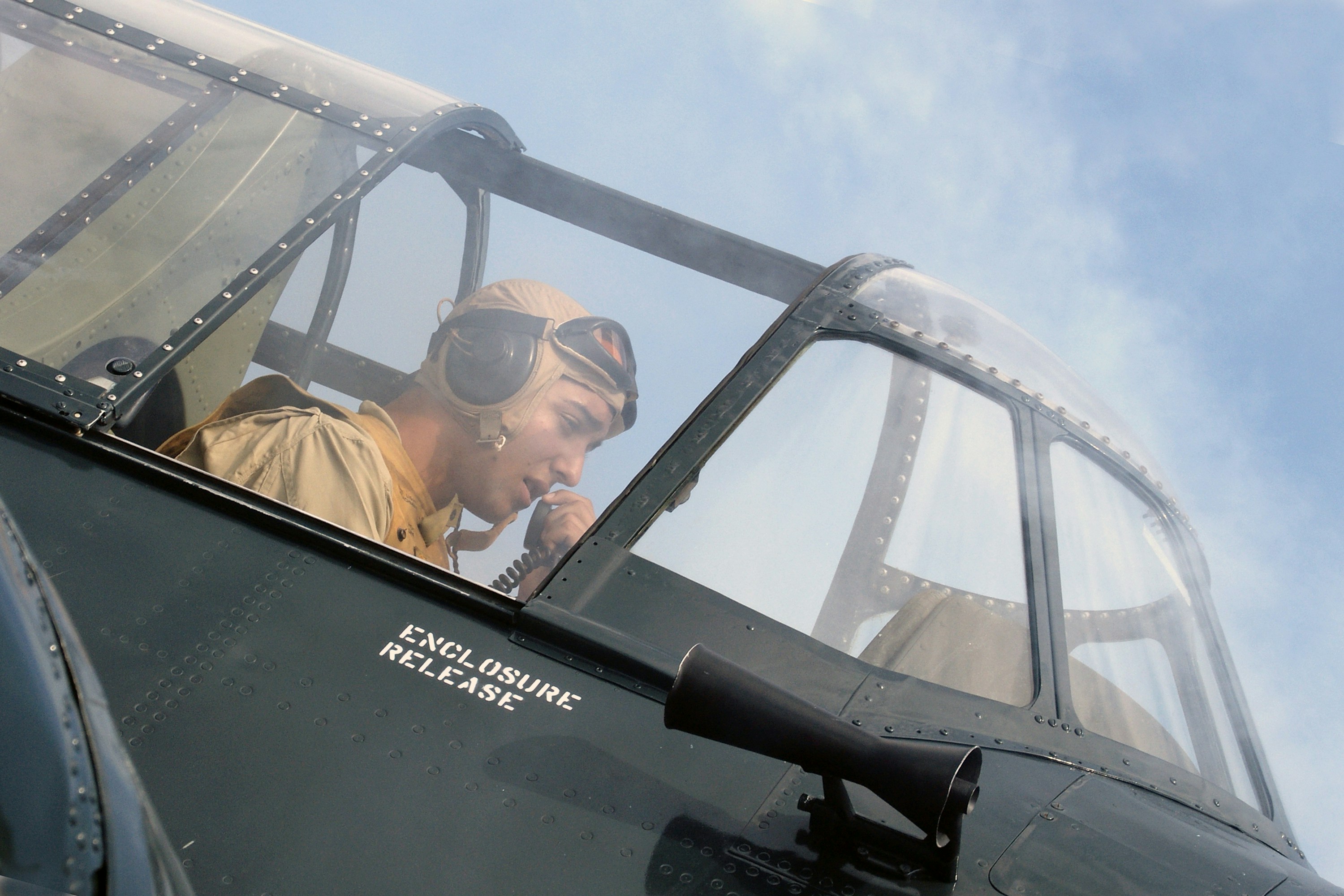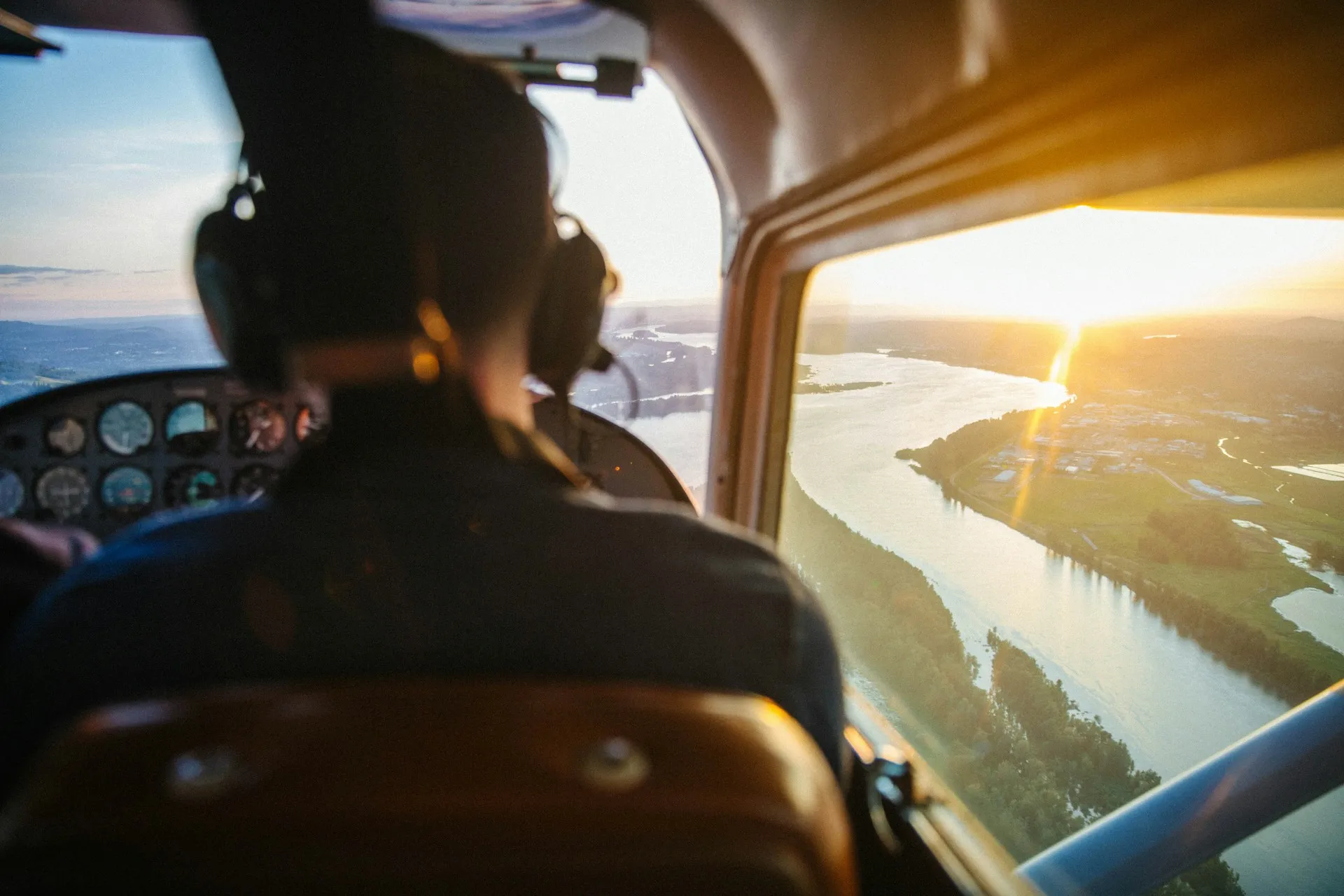
Situational Awareness: The Secret Skill of Safe Pilots
Published by:
Jacob Kyser
Flying an airplane safely is as much about awareness as it is about control. The ability to stay “ahead of the aircraft”, anticipating what’s coming next rather than reacting, separates safe pilots from lucky ones. At Universal Flight Training (UFT), we emphasize situational awareness as one of the most critical core skills every pilot must master.
What Is Situational Awareness?
Situational awareness (SA) is a pilot’s continuous perception of flight conditions and environmental factors, and the ability to use that information to make sound decisions. In other words, it’s knowing what’s happening, why it’s happening, and what could happen next.
Pilots develop this through experience, training, and mindset. It’s the foundation for safe decision-making, especially in dynamic or high-workload environments.
The Three Levels of Awareness
- Perception: Recognizing cues, weather, instruments, radio traffic, position.
- Comprehension: Understanding what those cues mean, for example, why airspeed is decaying or why ATC issued an unexpected vector.
- Projection: Anticipating what could happen next, turbulence ahead, altitude bust risk, or fuel exhaustion.
At UFT, our instructors teach students how to process this chain seamlessly, turning raw data into understanding and foresight.
Training Situational Awareness at UFT
- Scenario-Based Instruction: Every lesson includes “what-if” elements to encourage proactive thinking.
- Simulator Integration: Our advanced AATD simulator allows students to safely experience complex airspace, weather, or equipment issues.
- Cross-Check Discipline: Students learn proper scan patterns and workload management to avoid tunnel vision.
Our goal is to make awareness instinctive, not reactive.
Common Pitfalls to Avoid
Even experienced pilots can lose situational awareness under stress or distraction. Common traps include:
- Fixating on a single task or instrument.
- Poor communication or assumption with ATC.
- Overreliance on automation.
- Fatigue or complacency.
Through consistent feedback and debriefing, UFT instructors help students identify these early and develop habits that prevent them from becoming dangerous.
Building the “Big Picture” Mindset
True awareness comes from maintaining a mental model of your flight: where you are, what your airplane is doing, what’s around you, and what’s next. Pilots who keep this “big picture” mindset handle surprises calmly, whether it’s unexpected traffic or a changing weather cell.
The Bottom Line
You can’t control what you don’t see coming. Situational awareness isn’t just a skill; it’s a discipline that keeps you, your passengers, and your aircraft safe.
At Universal Flight Training, we teach students to think ahead, stay alert, and always fly with purpose.
Schedule your Discovery Flight today and start developing the mindset of a confident, safety-driven pilot.
